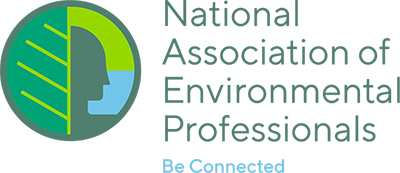- About NAEP
- Membership
- NAEP Chapters
- Working Groups
- Events and Programs
- Awards/Scholarships
- Resources

Thursday, August 27 About the SessionThe "2017 Heritage Preservation and Climate Change Survey, Findings and Recommendations Report" revealed many cultural resources professionals feel their interest and concerns are not adequately reflected in current climate change policies, guidance, and programs. We tested this perception by reviewing more than 50 climate change action plans developed across the United States. Based on our research, the perception that cultural resources issues are rarely reflected in climate change planning documents appears to be well-founded, with the vast majority of planning documents not considering cultural resources as an asset category. In the few instances where they are included, their consideration tends to be superficial and vague. This oversight can result in unexpected economic burdens that arise when management responsibilities require unanticipated investment to preserve or mitigate for effects to cultural resources; and may introduce unforeseen regulatory compliance and financial risks. Research suggests several inhibiting factors are barriers to incorporating cultural resource considerations into resilience policies and planning efforts. Challenges include absence of inter-disciplinary collaboration among cultural resource management and climate resilience colleagues, conflicts (perceived or actual) between climate change mitigation or adaptation methods and historic preservation best practices, and lack of available funding. In addition to these items, a lack of sufficient cultural resource inventories hinder comprehensive vulnerability assessment and resilience planning. Finally, while some federal, state, and local entities have developed guidance documents to support consideration of climate change impacts on cultural resources, many lack programs for implementation. In an effort to overcome these barriers, presenters January Tavel and Tait Elder will provide context by describing: the cultural resources regulatory environment, climate change hazards most likely to threaten historic and cultural resources, types of historic and cultural resources that appear to be most vulnerable to climate hazards, and types of climate change adaptation projects likely to impact cultural resources. We also analyze: policy-level and programmatic resilience solutions that are currently being applied, which can be adapted to better consider cultural resources; and approaches currently leveraged by cultural resources managers that should be highlighted to climate resilience professionals as useful tools and approaches to support climate resilience initiatives. Finally, we propose recommendations for next steps that can be applied by practitioners working at the intersection cultural resources management and climate resilience to address existing and future needs. Tracks:
About the Speaker
Return to Program |

